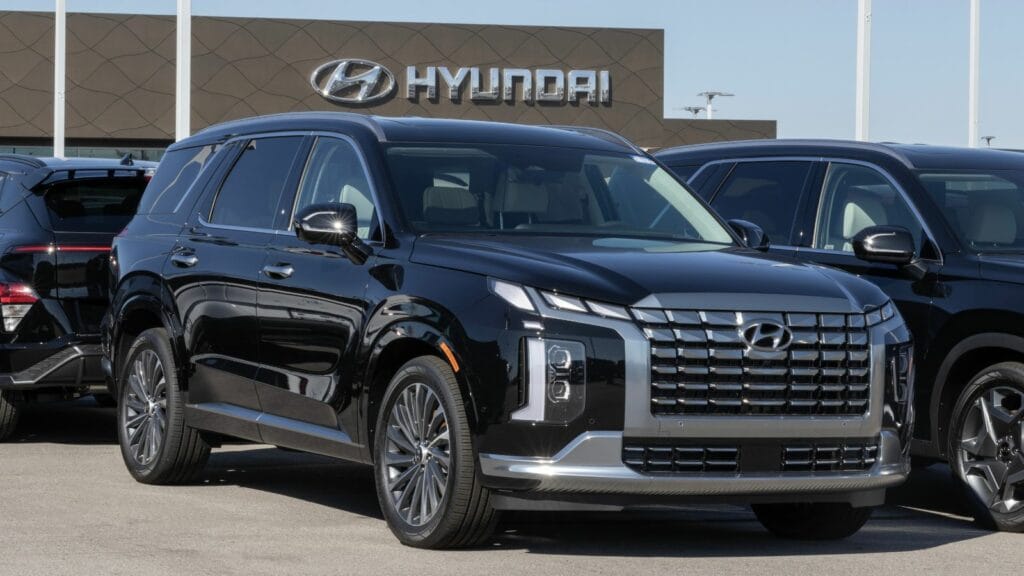Consumers visiting Canadian dealerships may encounter significantly increased vehicle prices. This is primarily due to the potential imposition of new tariffs on imported vehicles and components, particularly those sourced from outside North America. Such tariffs could lead to substantial price increases for Canadian car buyers. Here are 20 vehicles that could experience significant price escalation if these tariffs are enacted.
Toyota RAV4
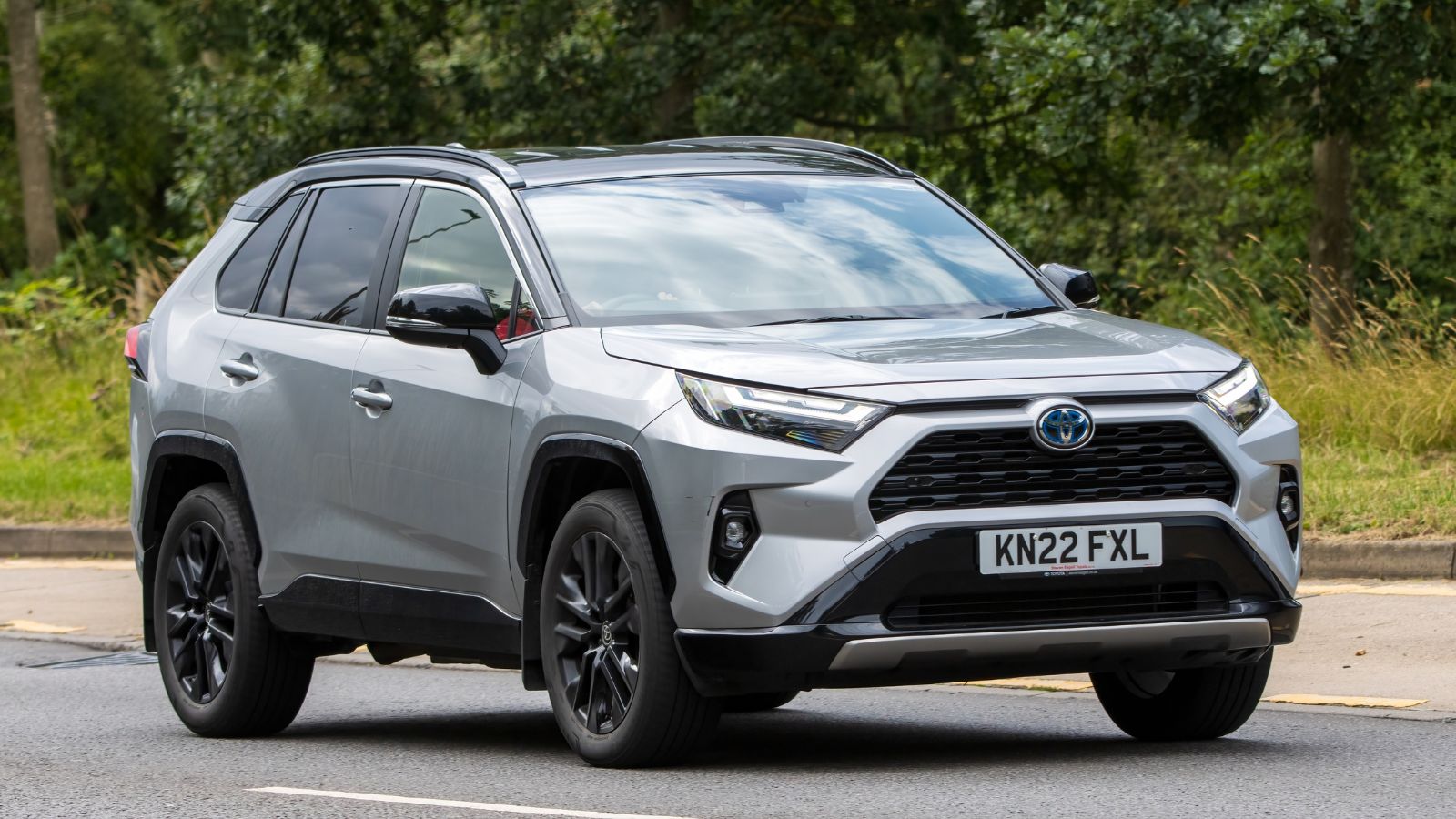
Canada’s best-selling non-pickup vehicle could soon cost significantly more. Most RAV4s sold in North America are assembled in Ontario, with key components like engines and transmissions sourced from Japan, making them susceptible to these tariffs. Even U.S.-assembled RAV4 Hybrids incorporate significant foreign content, further exposing them to cost increases. Analysts estimate that tariffs could add between $4,000 and $10,000 to the vehicle’s price.
Honda CR-V
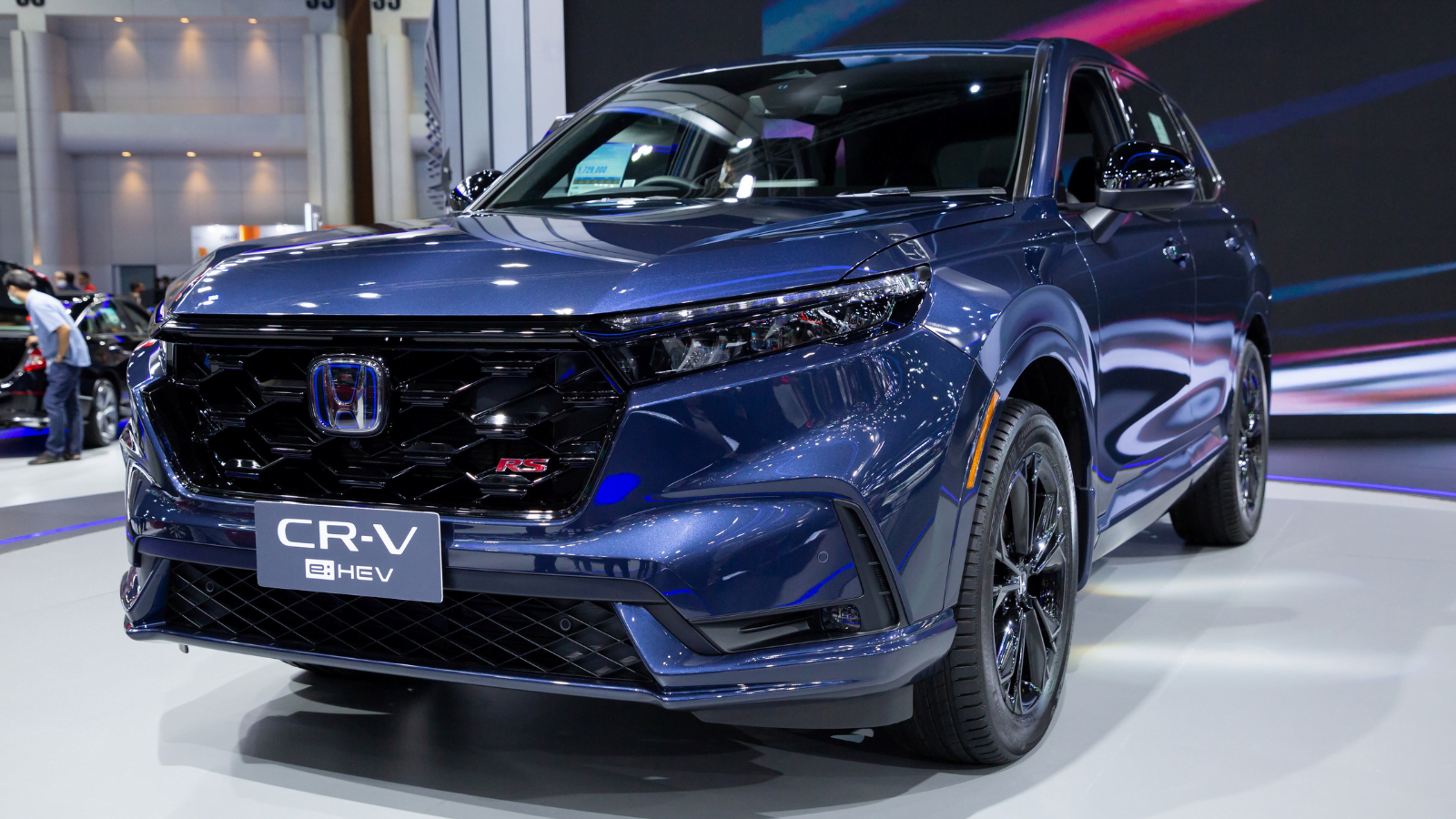
The Honda CR-V is poised to experience significant price increases in Canada due to recent U.S. tariffs. Assembled in Alliston, Ontario, the CR-V is subject to a 25% U.S. import tariff, potentially raising its price by approximately $8,657. This increase stems from the vehicle’s Canadian assembly and reliance on U.S.-sourced components, such as transmissions, which are also affected by tariffs. Safe to say, tariffs on those could inflate costs faster than your uncle after Thanksgiving dinner.
BMW 3 Series
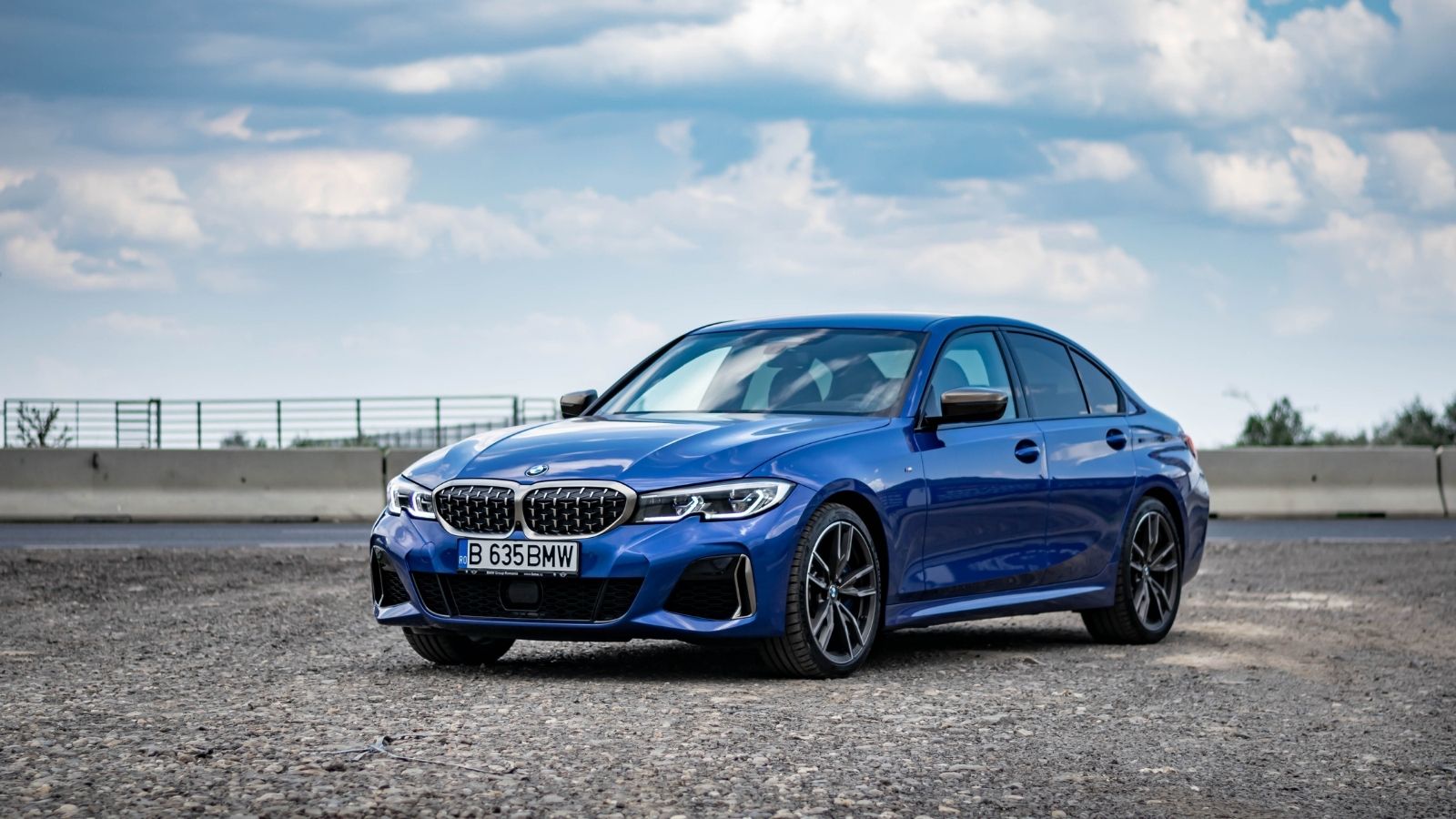
Crafted in Germany with all the precision of a Rolex, the BMW 3 Series could become a luxury reserved for those with a yacht. While direct tariffs on Mexican imports may not apply in Canada, the interconnected nature of North American auto supply chains means Canadian consumers will still feel the impact. BMW’s reliance on German-sourced engines and parts, which are now subject to tariffs of up to 25%, further exacerbates cost pressures. Analysts estimate that these combined factors could add approximately $3,000 to the price of affected vehicles.
Mercedes-Benz GLE
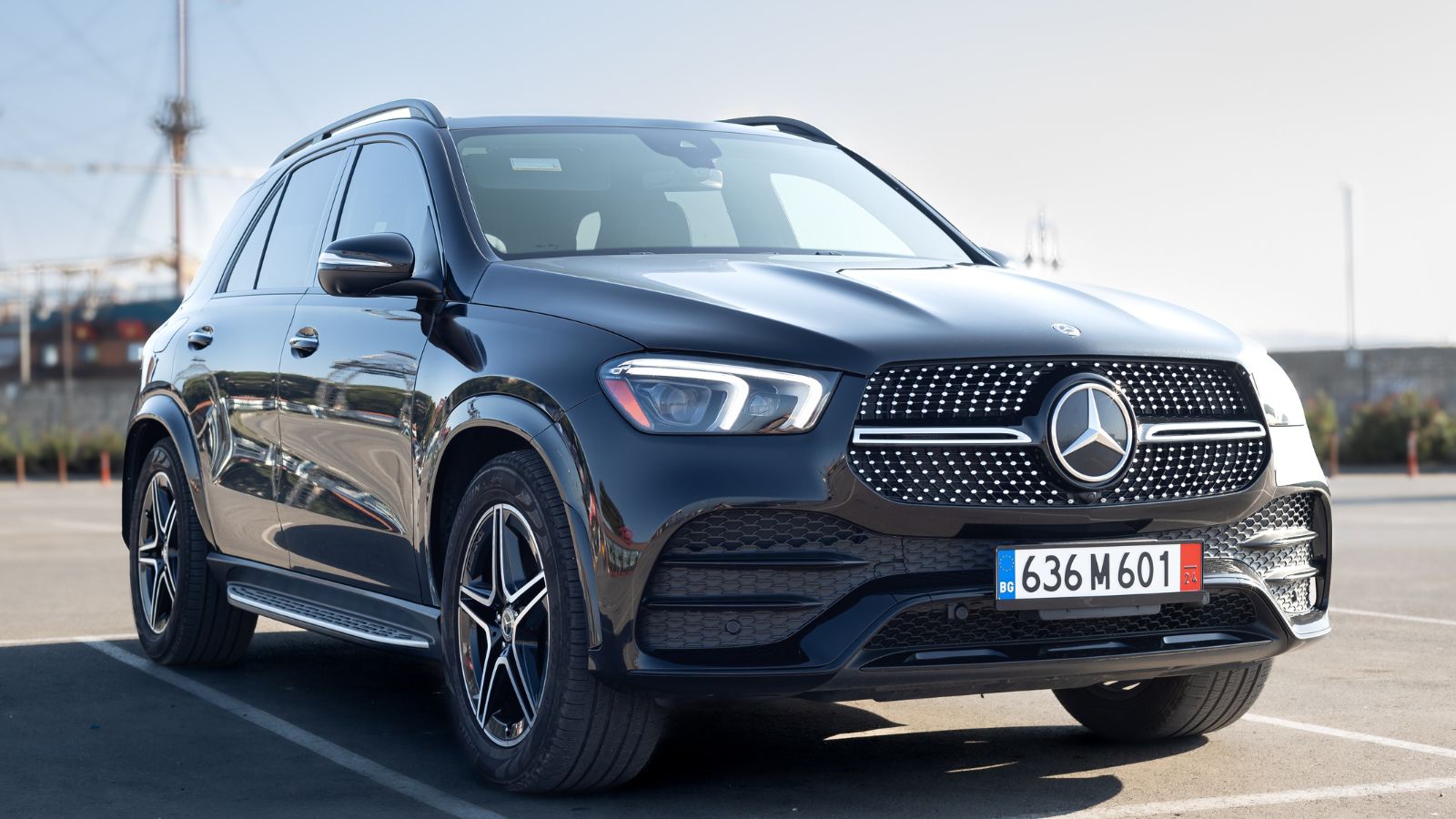
Built in Alabama but packed with European components, the GLE might find itself tariff-tagged no matter how it turns. In Canada, the impact is pronounced as the GLE’s U.S. production includes tariffed parts, leading to potential price hikes. Reports indicate that the GLE and other German luxury vehicles face increased costs due to these tariffs. Although Mercedes-Benz has attempted to absorb some tariff-related expenses to maintain stable pricing, the sustained financial strain may necessitate price adjustments. Given its current price, even a modest tariff could mean tens of thousands more in the long run.
Volkswagen Golf GTI
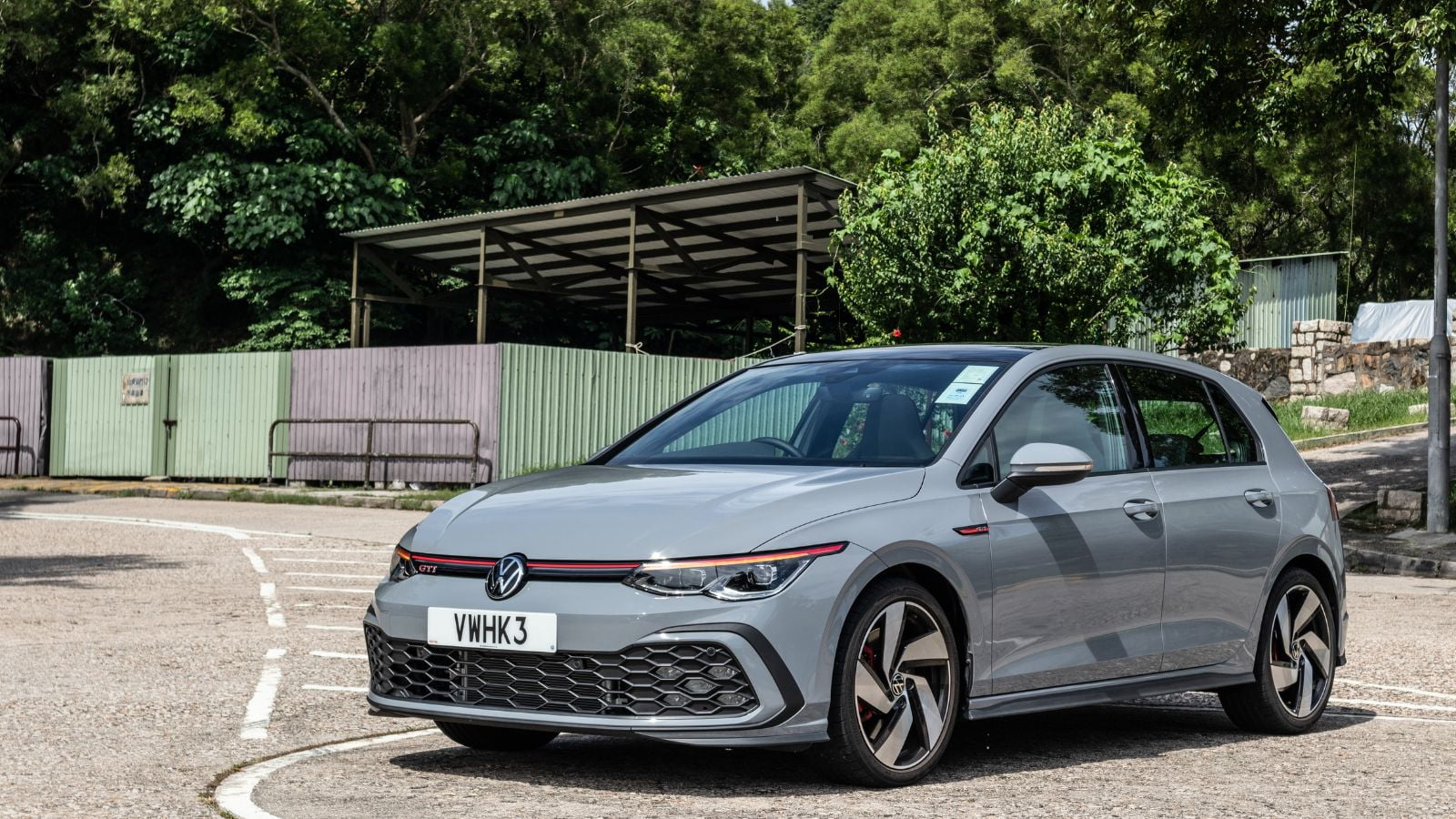
The 2025 Volkswagen Golf GTI, imported from Germany, is poised for significant price increases in Canada due to proposed U.S. tariffs on vehicles and parts from Canada and Mexico. Up to 25% of these tariffs are expected to disrupt North America’s integrated auto supply chain, leading to immediate cost hikes for consumers. Given the Golf GTI’s European origin and the potential for added import fees, Canadian buyers may soon face higher prices. So, don’t be surprised if your spicy little GTI now needs a spicier budget.
Kia Telluride
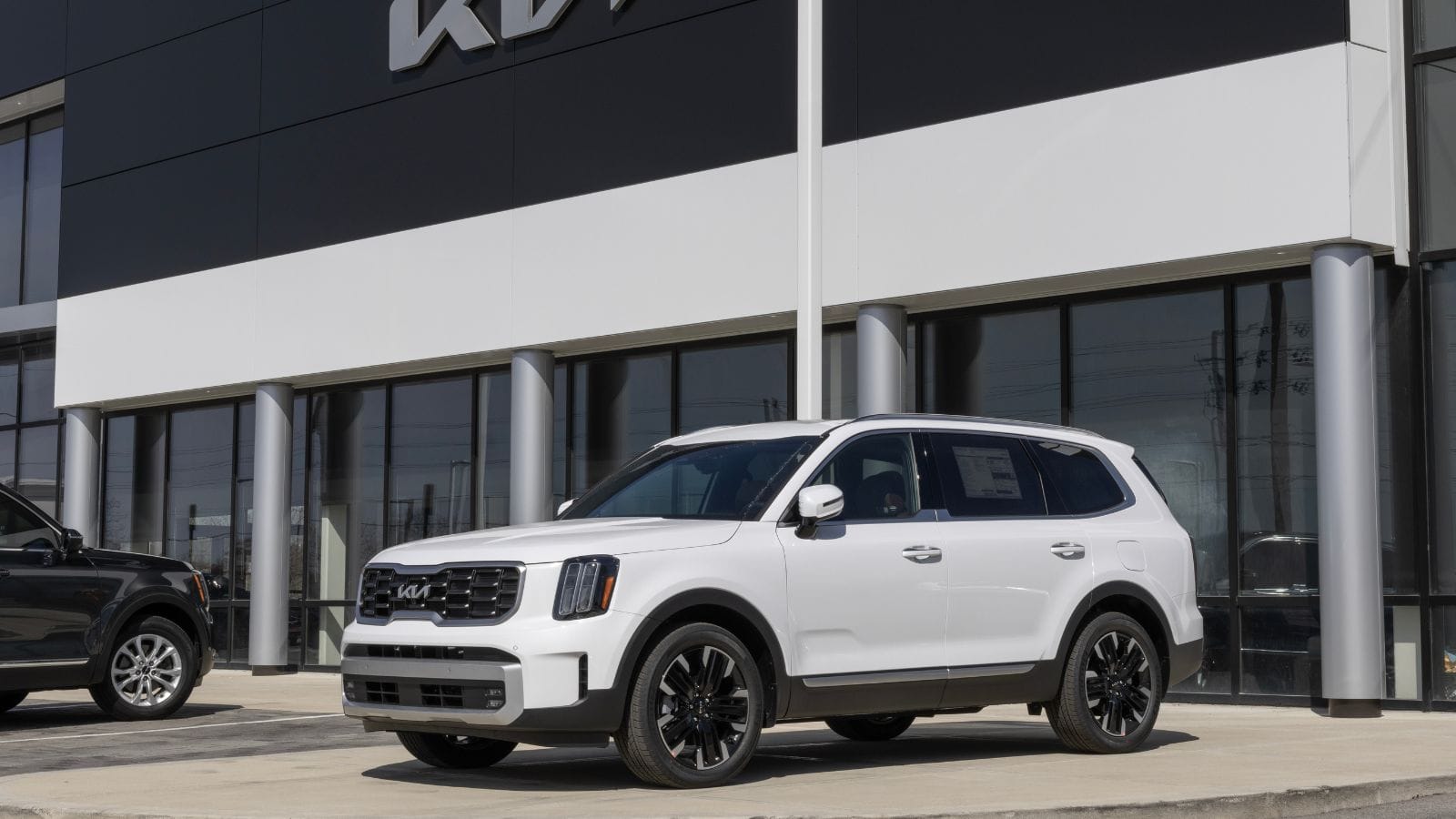
Assembled in Georgia (the U.S. one), the Telluride still relies on many South Korean parts. If a parts-based tariff comes down hard, your favorite three-row bargain SUV may start playing in the luxury league, at least price-wise. These compounded tariffs may also lead to increased costs for consumers, potential declines in sales, and possible reductions in production, especially in regions like Ontario that rely heavily on the auto industry. Consequently, the Kia Telluride stands out as a model likely to experience substantial price increases in the Canadian market.
Hyundai Palisade
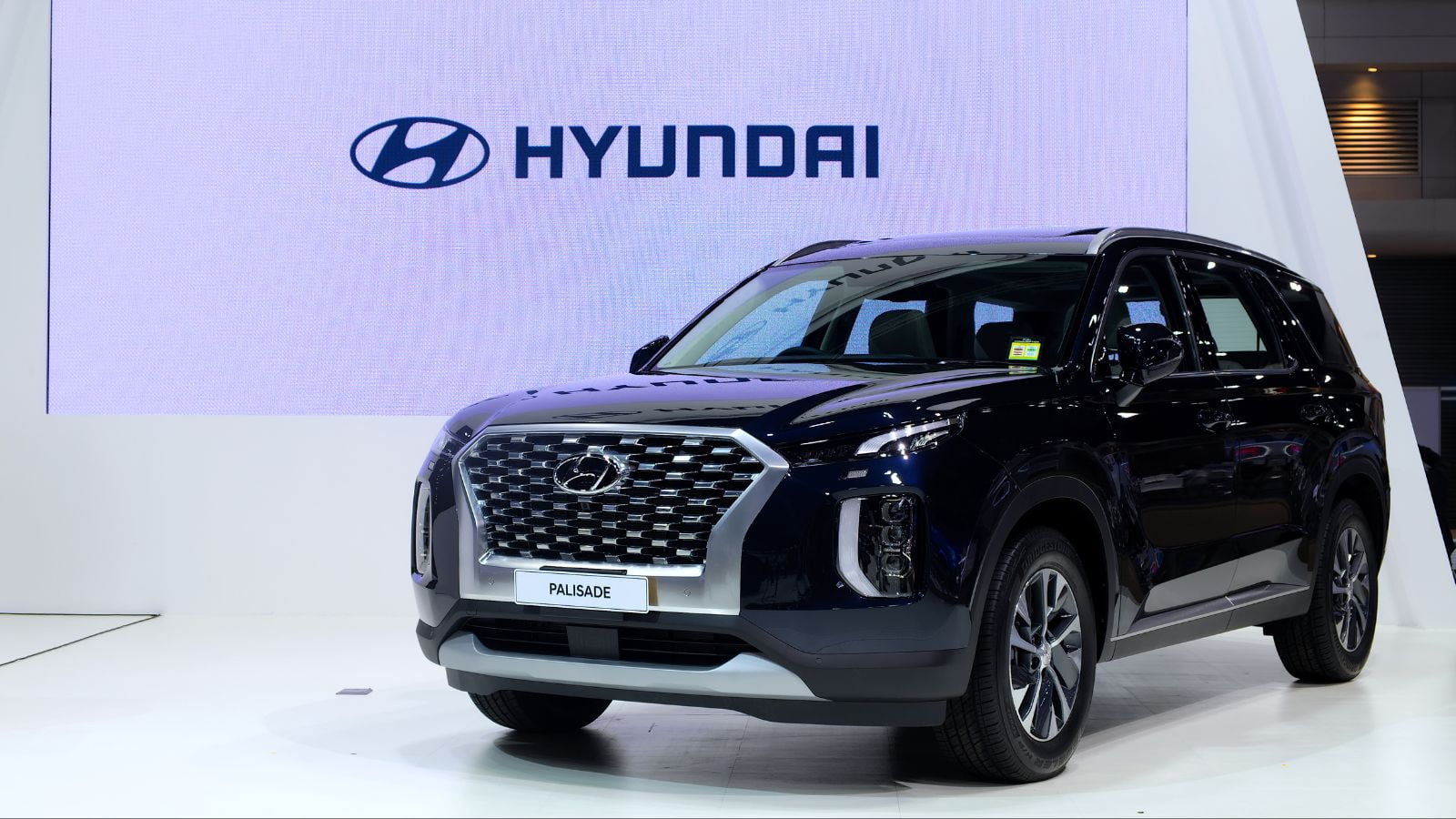
The Telluride’s twin from a different motherland, the Palisade, also risks sticker shock. Any hiccup in the Korean supply chain, whether on steel or electronics, could send prices soaring like a SpaceX rocket. Analysts estimate these tariffs could add approximately $6,000 to the cost of vehicles imported from countries like South Korea.
Subaru Outback
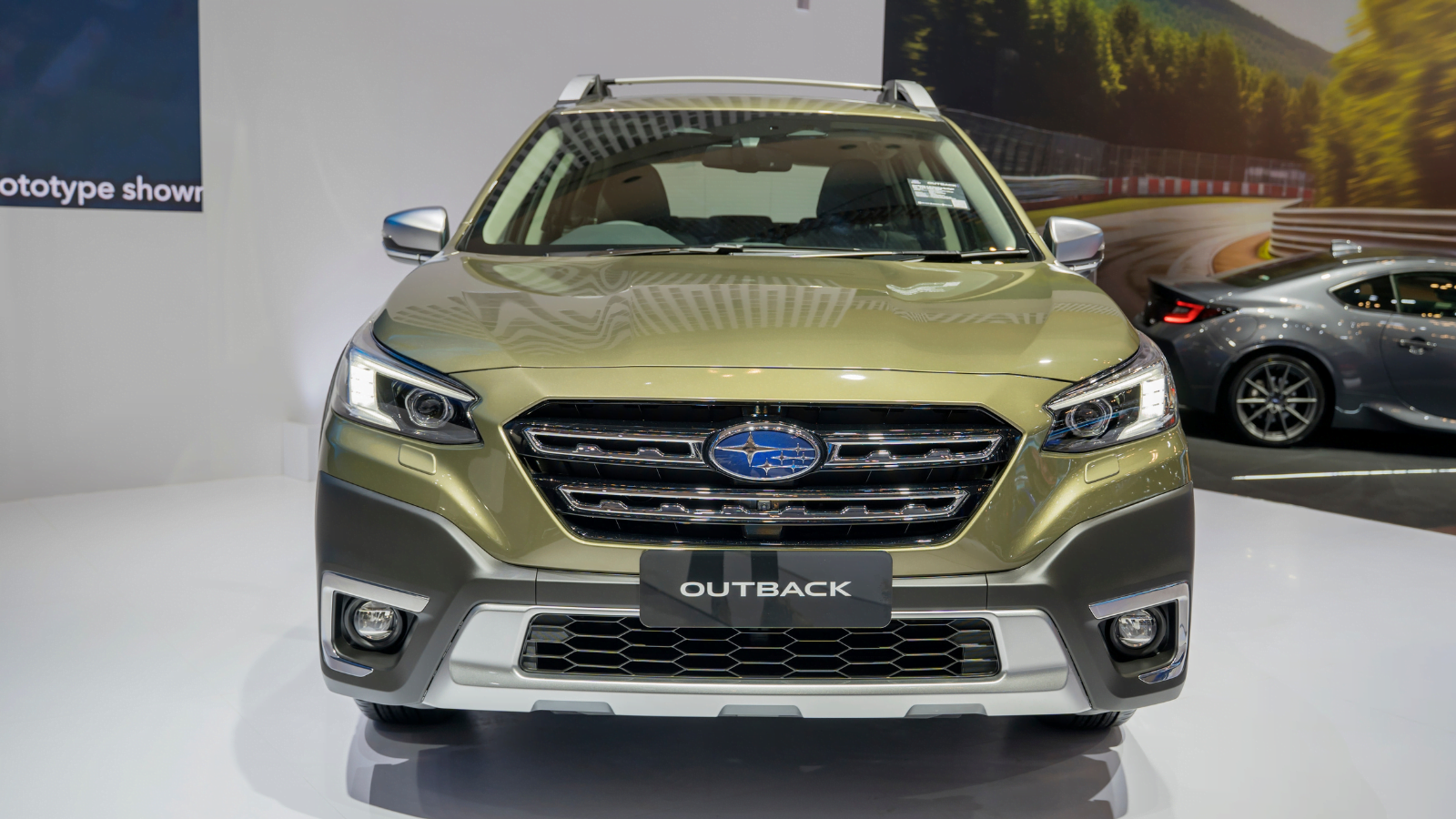
Outbacks are primarily built in Indiana, but much of what makes them tick—including drivetrains and safety tech—comes from Japan. If Tokyo gets tariffed, expect your next wilderness wagon to come with a wilderness-sized bill. To mitigate these costs, Subaru plans to reduce U.S. imports to 10% by the 2026 model year, shifting Outback production for the Canadian market to Japan, which benefits from a free-trade agreement with Canada. This strategic move aims to avoid the additional tariffs, but consumers may still face higher prices due to increased shipping costs and potential dealer markups.
Audi Q5
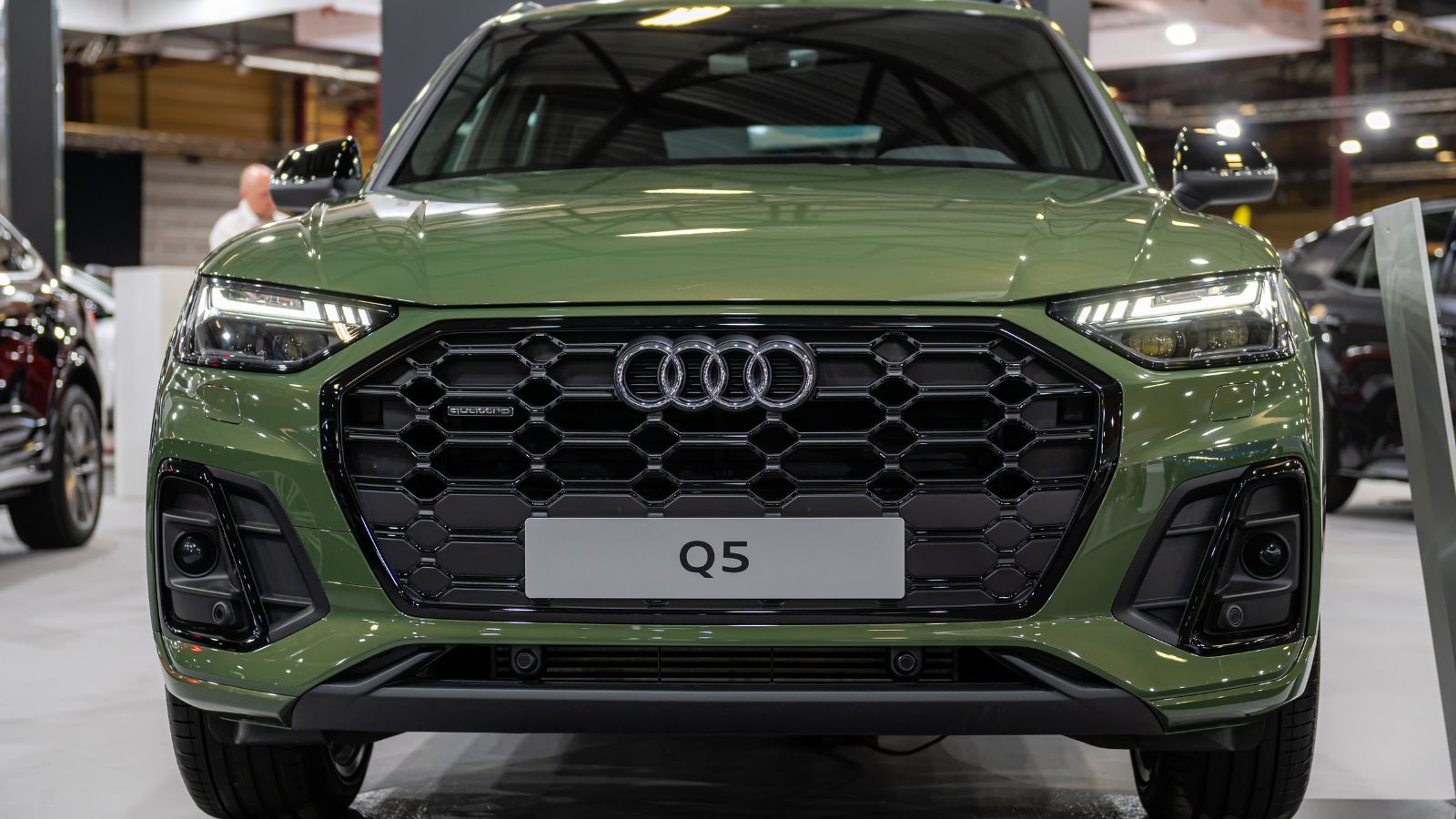
This compact luxury SUV is assembled in Mexico but uses German parts galore. Although Audi has stated that the recent $6,800 price increase for the 2025 Q5 in the U.S. is due to enhanced features and not tariffs, the broader impact of tariffs cannot be ignored. The compounded tariffs on vehicles and parts can lead to price increases ranging from $2,000 to $10,000 per vehicle. This translates to higher purchase prices, increased maintenance costs, and elevated insurance premiums for Canadian consumers.
Mazda CX-5
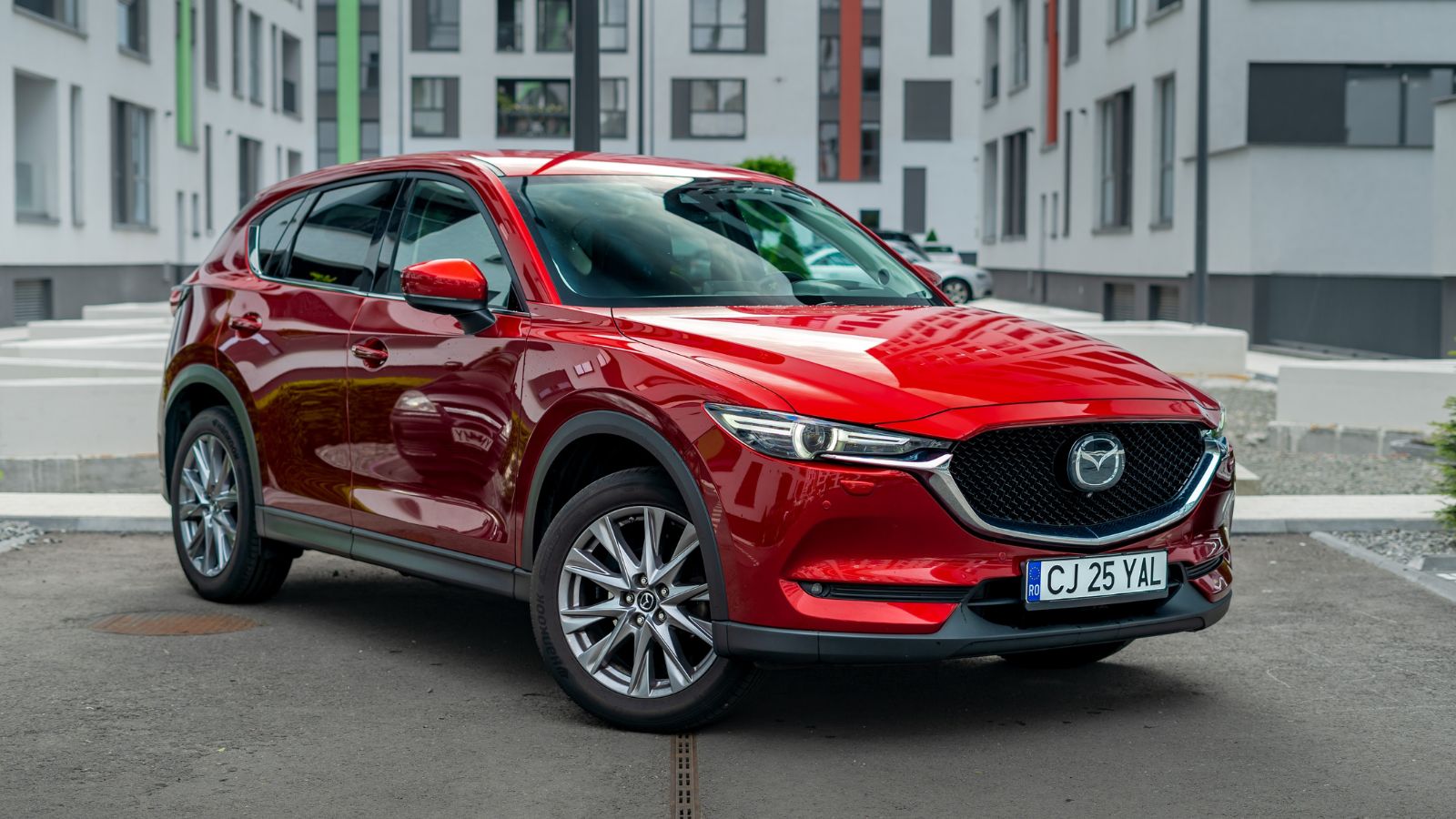
Mazda makes this fan-favorite crossover in Hiroshima. But if tariffs target Japan, the CX-5 might go from “fun and affordable” to “fun and finance-draining.” Mazda also manufactures the CX-5 in Mexico, subject to these tariffs. And, while Canada has provided some relief to U.S.-assembled vehicles under the USMCA, this exemption does not extend to non-USMCA-compliant models like the CX-5. Consequently, Canadian consumers may face higher prices for this popular SUV, potentially reducing its affordability and market competitiveness.
Lexus RX
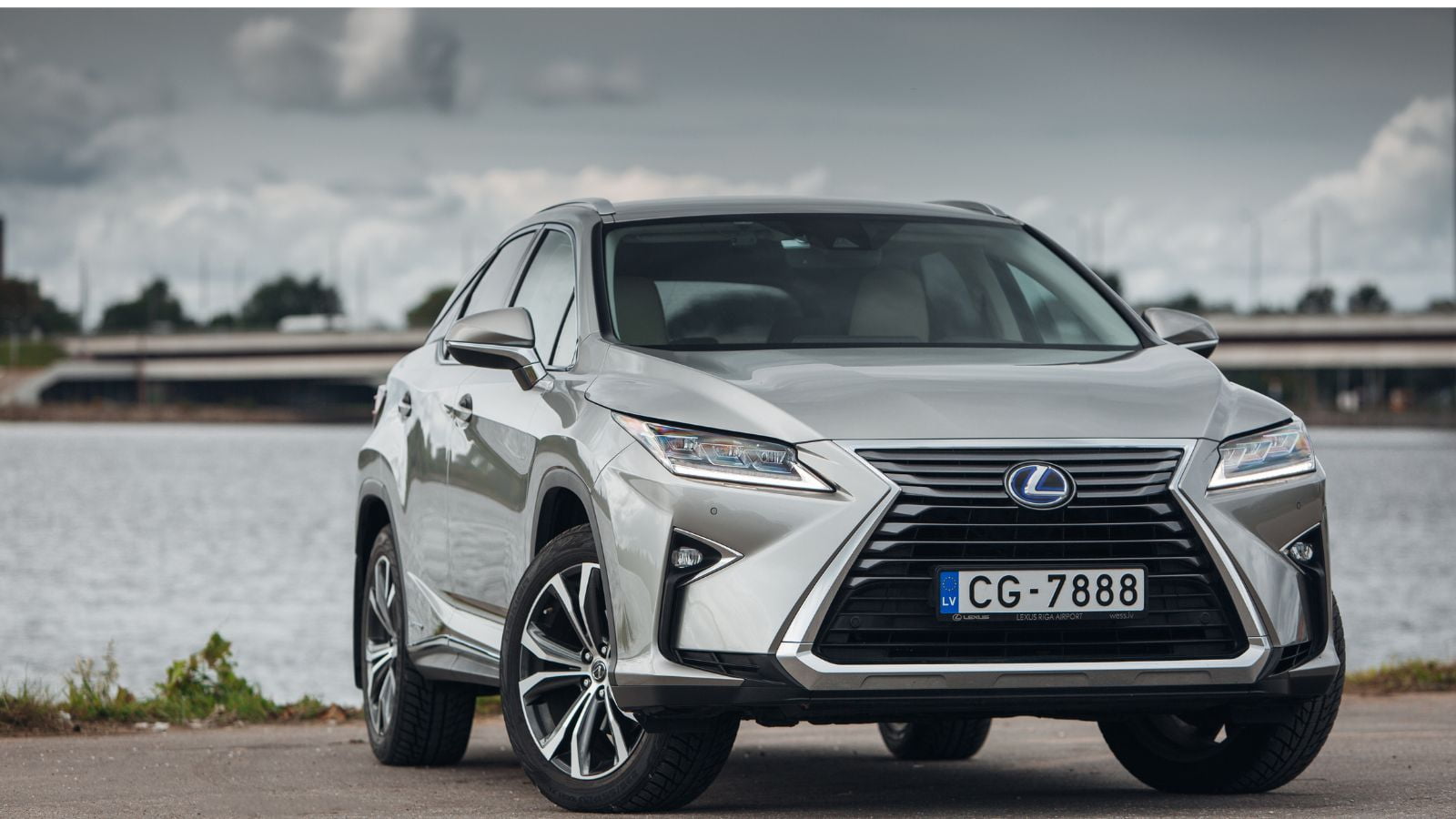
The Lexus RX is poised to become a luxury SUV with a price tag that might make your wallet weep, thanks to tariffs and taxes. In Canada, the base RX 350 Premium starts at around $60,130, but if you’re eyeing the top-tier RX 500h Black Sport Special Edition, prepare to shell out approximately $93,914. Now, enter the tariff tango. With a proposed 25% tariff on Canadian-made vehicles, the RX could see its price balloon by over $15,000. This has led to a rush of buyers storming dealerships faster than you can say “luxury tax,” all trying to snag an RX before prices ascend to stratospheric levels.
Porsche Macan

Fancy a sporty German SUV? Get in line—and maybe consider a bank loan. Porsche, aiming to maintain its 20% profit margins, plans “significant price increases” across its lineup. The new Macan Electric starts at $94,900, with higher trims reaching $125,300. This is a notable jump from the base Macan’s previous price of $62,900. The cost includes dealer markups and mandatory add-ons like interior treatments and prepaid maintenance, pushing the out-the-door price close to six figures.
Nissan Rogue
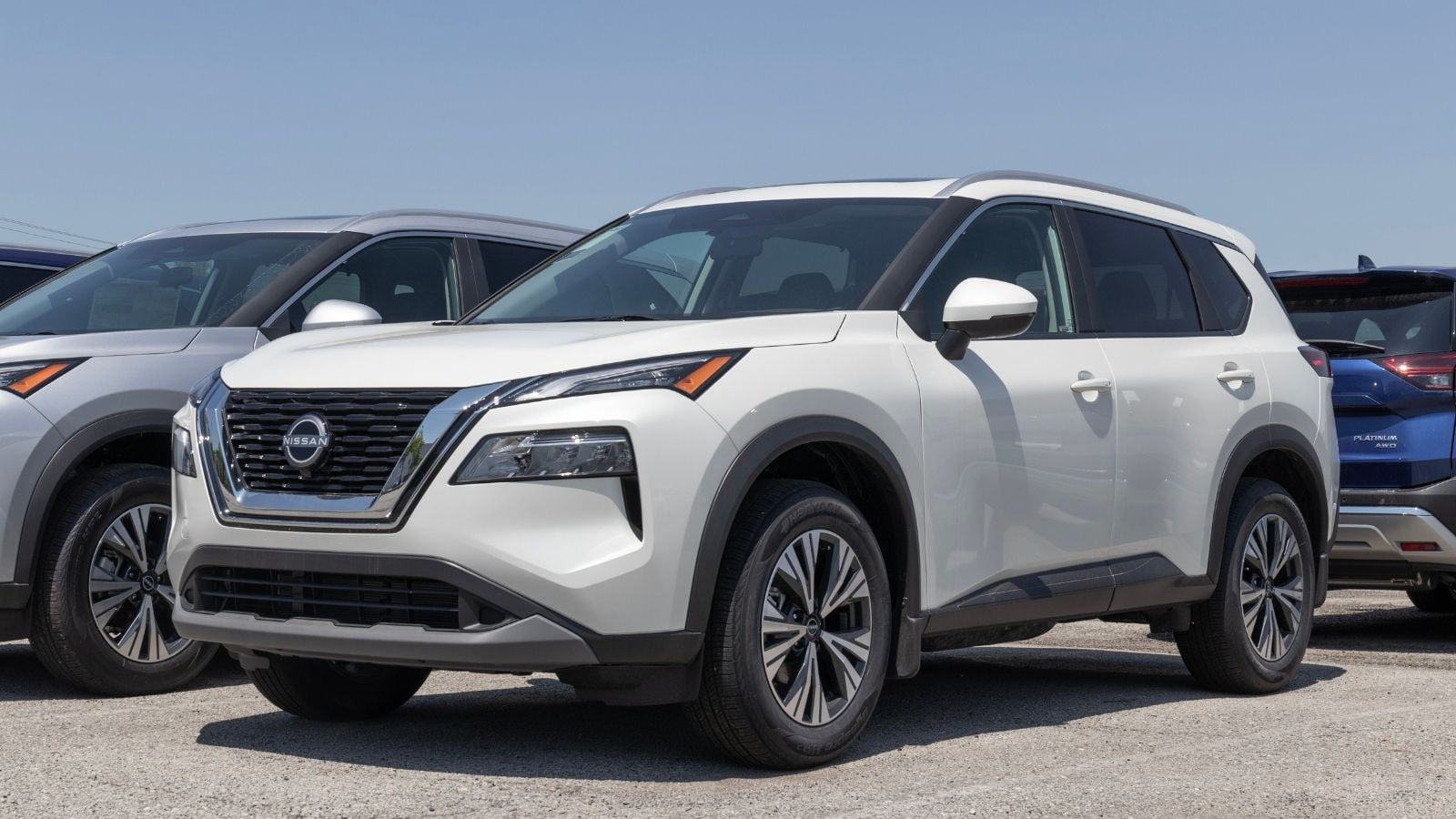
If you’re eyeing a 2025 Nissan Rogue in Canada, brace yourself: this compact SUV might soon come with a “tariff tax” sidekick. Thanks to a 25% U.S. import tariff on vehicles and parts, the Rogue, some assembled in Japan and Mexico, is caught in a geopolitical game of bumper cars. Currently, the Rogue starts at $33,998, but experts predict tariffs could inflate prices by up to $8,859. Plus, Nissan, attempting to dodge the price pothole, has slashed U.S. Rogue production by 13,000 units and is shifting gears to increase North American assembly.
Volvo XC60
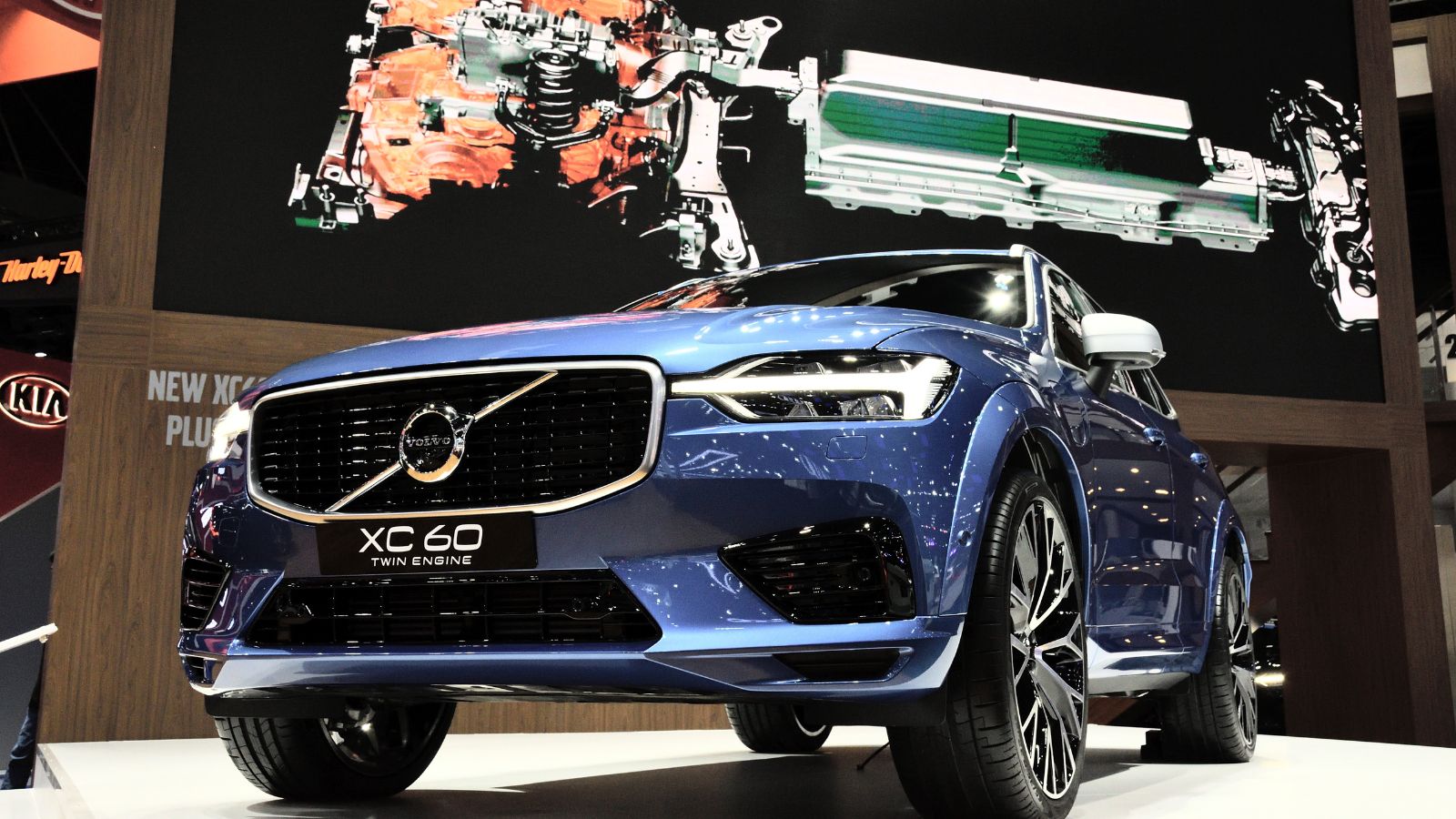
The Volvo XC60 is facing a price hike in Canada, and it’s not just because it’s feeling fancy. Thanks to a 25% tariff on foreign-made vehicles, including those from Sweden, the XC60 is caught in a financial squeeze. This tariff, part of broader trade measures, protects domestic industries but makes imported cars pricier. Volvo, owned by China’s Geely, has been proactive. To sidestep a hefty 106% tariff on Chinese-made EVs, they’ve shifted production of models like the EX30 and XC60 to Belgium. However, due to its Swedish origins, the XC60 still faces the 25% tariff. This means Canadian buyers might see prices jump by several thousand dollars.
Genesis GV70
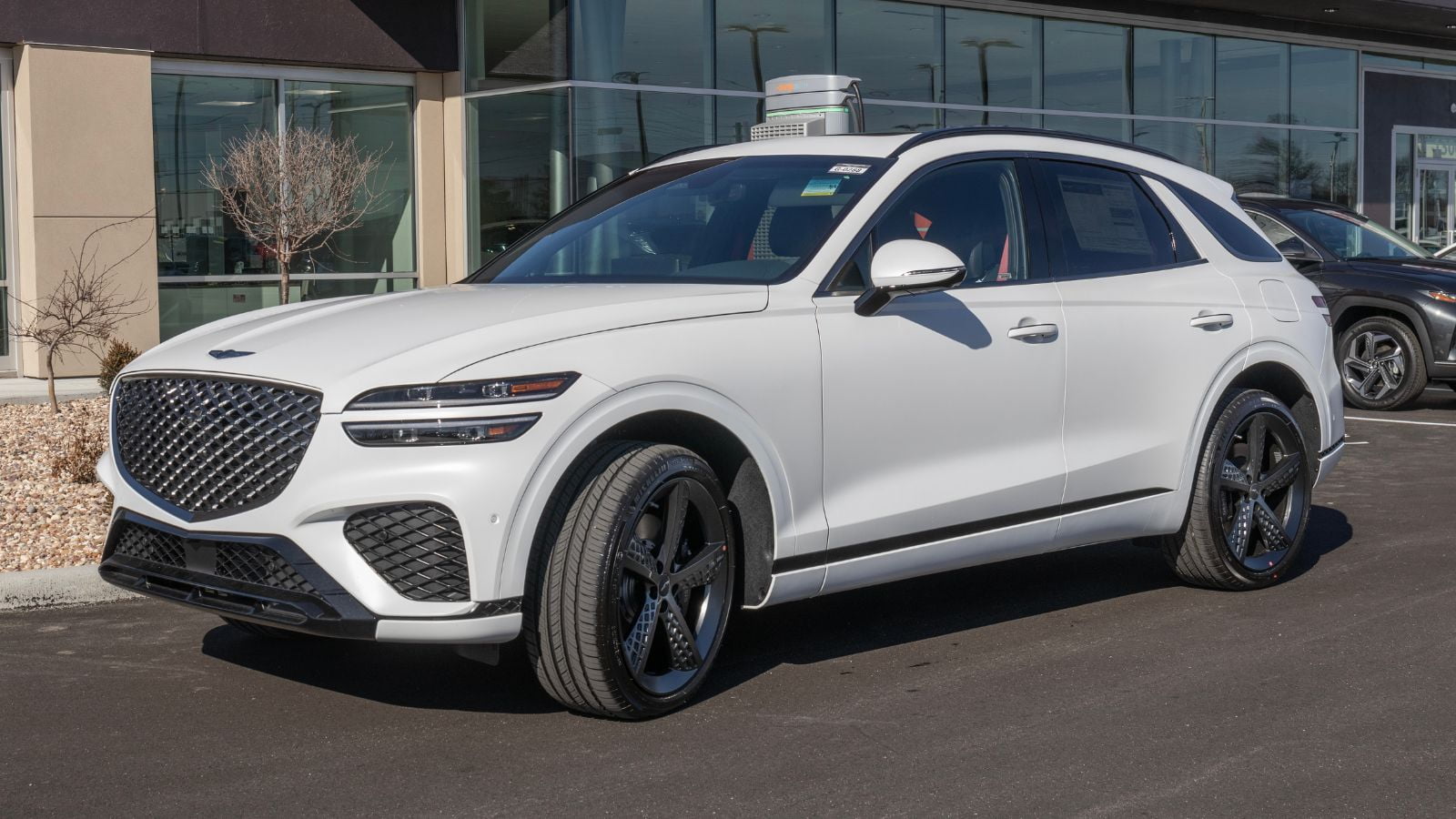
Hyundai’s premium sub-brand punches above its weight, but tariffs on Korean-made tech and drivetrains could turn this luxury bargain into a luxury… not-so-bargain. Canadian buyers are already feeling the pinch. Forum users report mid-year price jumps of $1,500 and lease payments increasing by $50 monthly, up to $3,000 over a 60-month term. Genesis Canada, meanwhile, is enjoying record sales, with GV70 deliveries up 14.6% in 2024. So, if you’re eyeing a GV70, act fast. Consider locking in your deal before tariffs turn your dream SUV into a luxury-priced unicorn.
Land Rover Defender
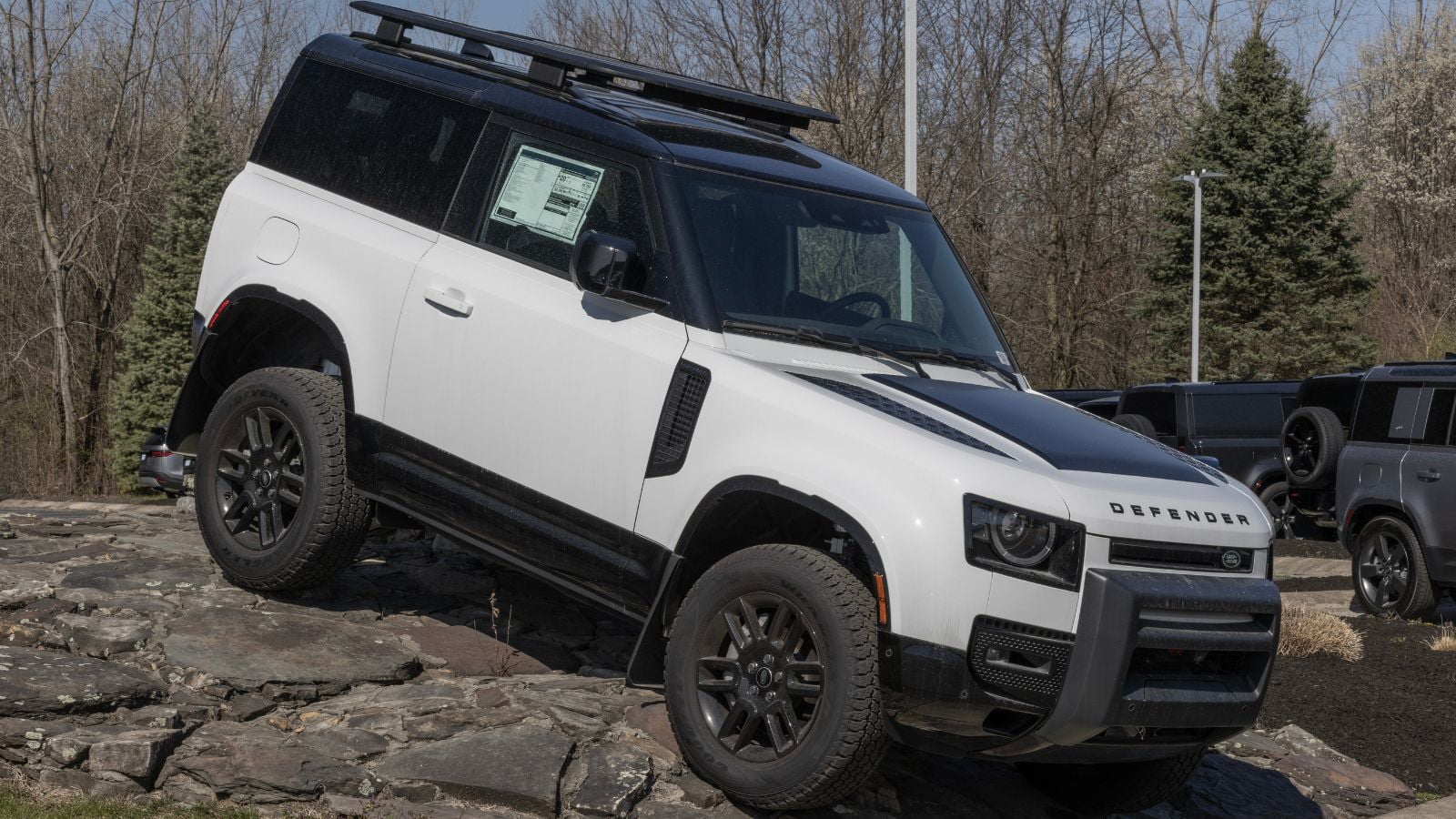
If you’re in Canada and eyeing a Land Rover Defender, brace yourself—this British beast might soon cost as much as a small igloo village. Given that all Defenders are crafted in the UK, they’re squarely in the tariff’s crosshairs. While JLR has resumed exports, the financial impact is undeniable. In Canada, this could translate to sticker shock at dealerships as the cost of these rugged rides escalates. So, if you’re considering a Defender, you might want to act swiftly.
Jeep Wrangler (4xe)
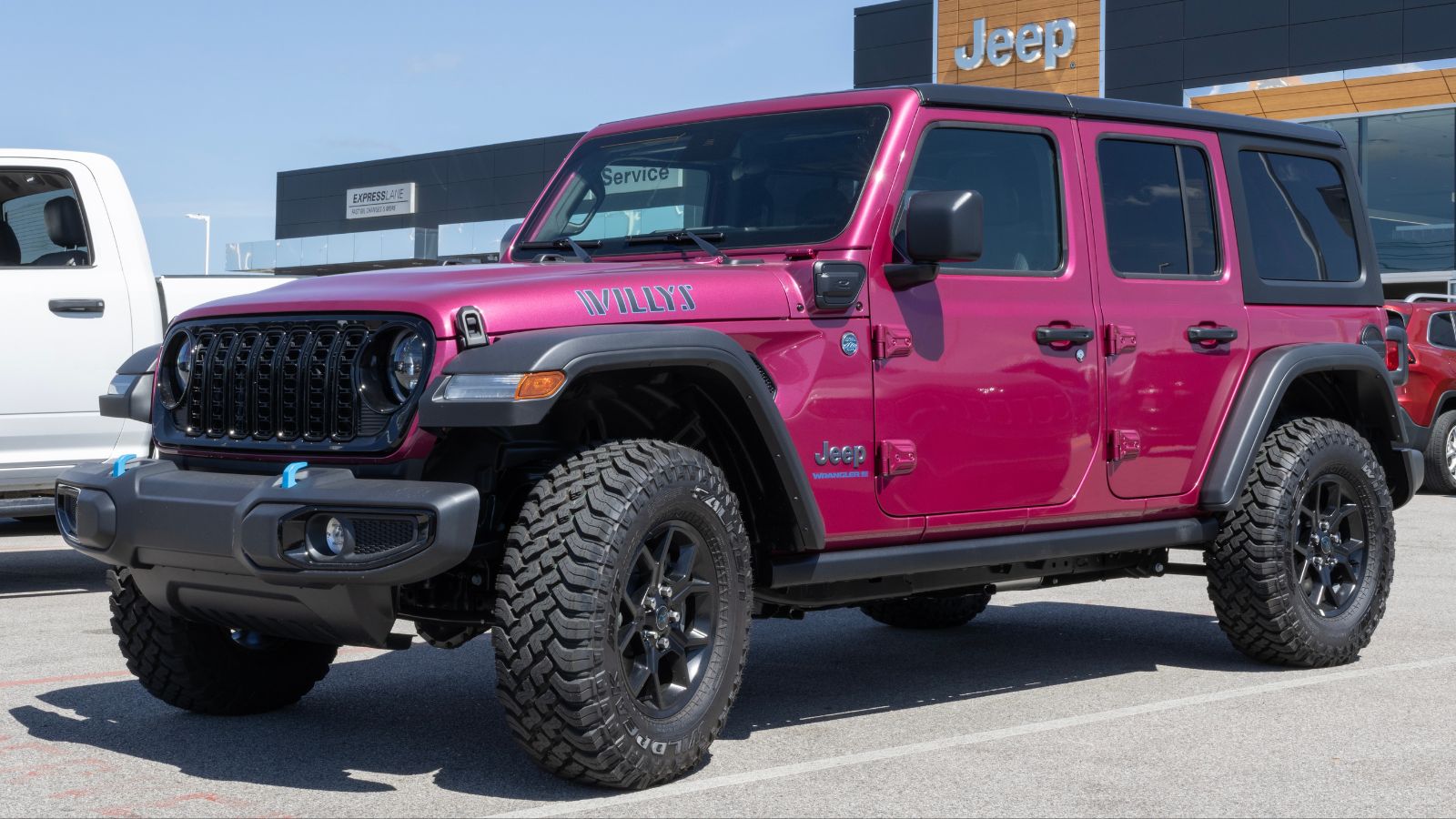
Wait, a made-in-America icon? Yes—but the plug-in hybrid (4xe) uses batteries and components sourced internationally, including from China and Korea. As a result, the 2024 Wrangler Rubicon 4xe’s MSRP has jumped by $8,275 compared to the 2023 model, now priced at $73,270. This increase affects the sticker price and disqualifies buyers from certain government rebates, adding to the financial burden. The Wrangler 4xe’s complex supply chain, with parts sourced from multiple countries, makes it particularly vulnerable to these tariffs. Plus, shifting production to the U.S. isn’t a quick fix, as building new plants is costly and time-consuming.
Toyota Prius
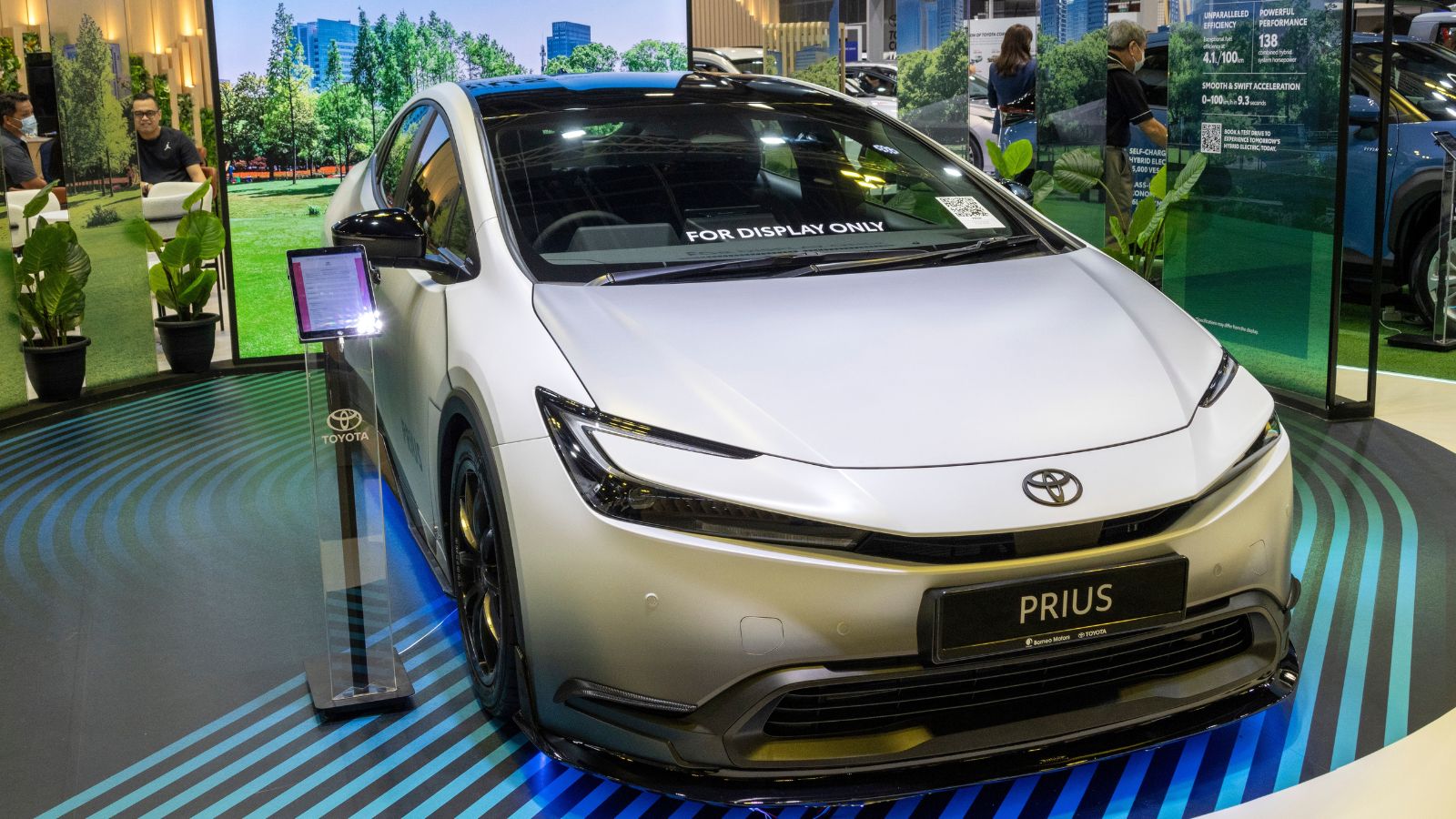
The Toyota Prius, Canada’s eco-friendly darling, might soon wear a less wallet-friendly price tag. Thanks to a 25% tariff on imports from Canada and Mexico, prices could surge by $5,000 to $10,000, making the Prius less “green” for your bank account. Currently, the 2025 Prius starts at $38,165, a modest increase from last year. But with tariffs, that price could leap to over $48,000. Toyota, which imports many models, including the Prius, is particularly vulnerable.
Mini Cooper
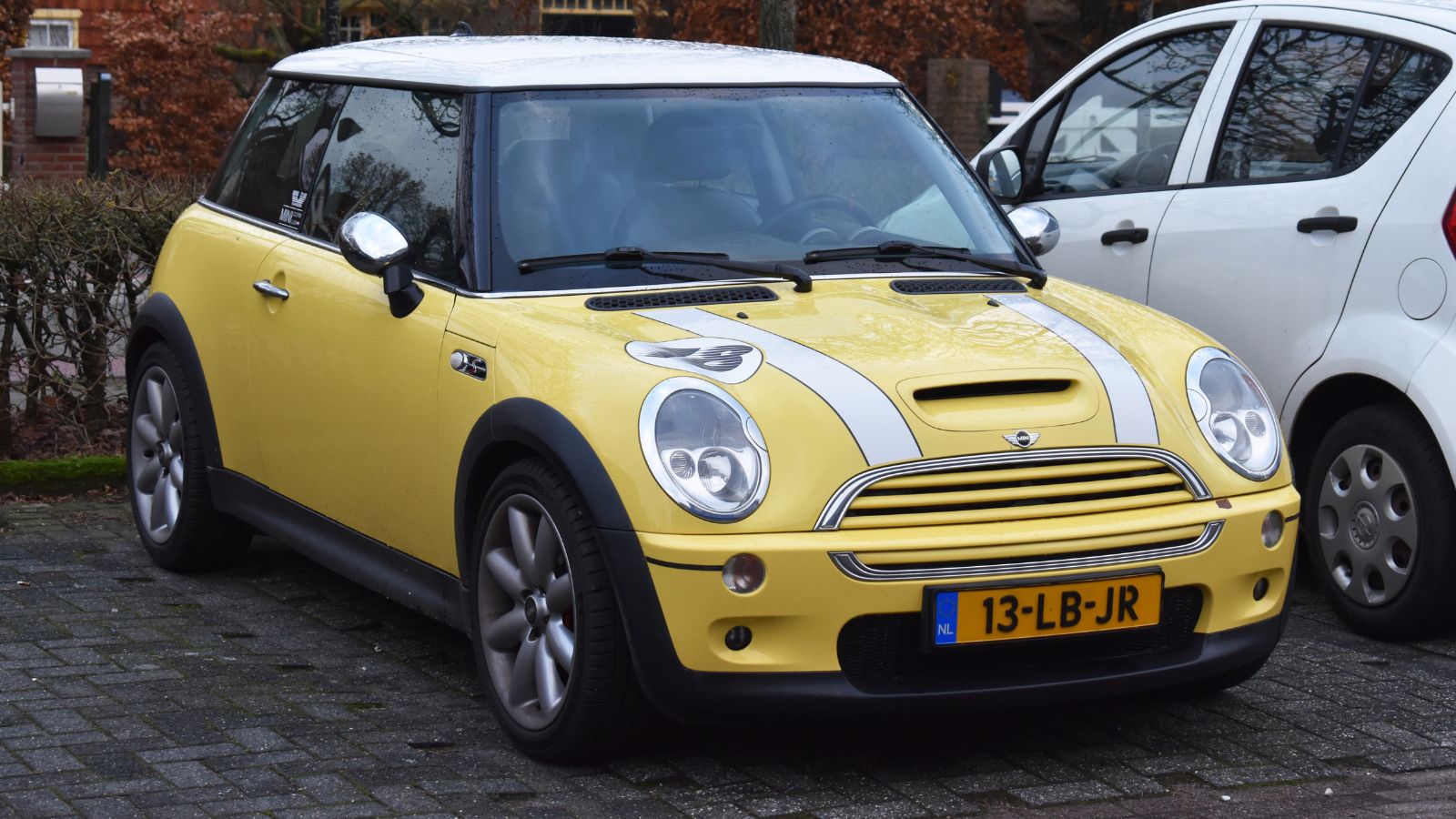
Despite the name, Mini’s price may not stay mini. In Canada, the ripple effects are real. Tariffs and supply chain hiccups could add up to $6,000 to new car prices. Even used cars and repairs are feeling the pinch, with parts crossing borders and collecting fees like tolls on a road trip. A $30,000 MINI could leap to nearly $37,500, and the Countryman John Cooper Works might zoom from $48,075 to over $60,000. Many are assembled in the UK, meaning a no-deal tariff situation with Britain could send these peppy little guys into full-sized price territory.
Infiniti QX60
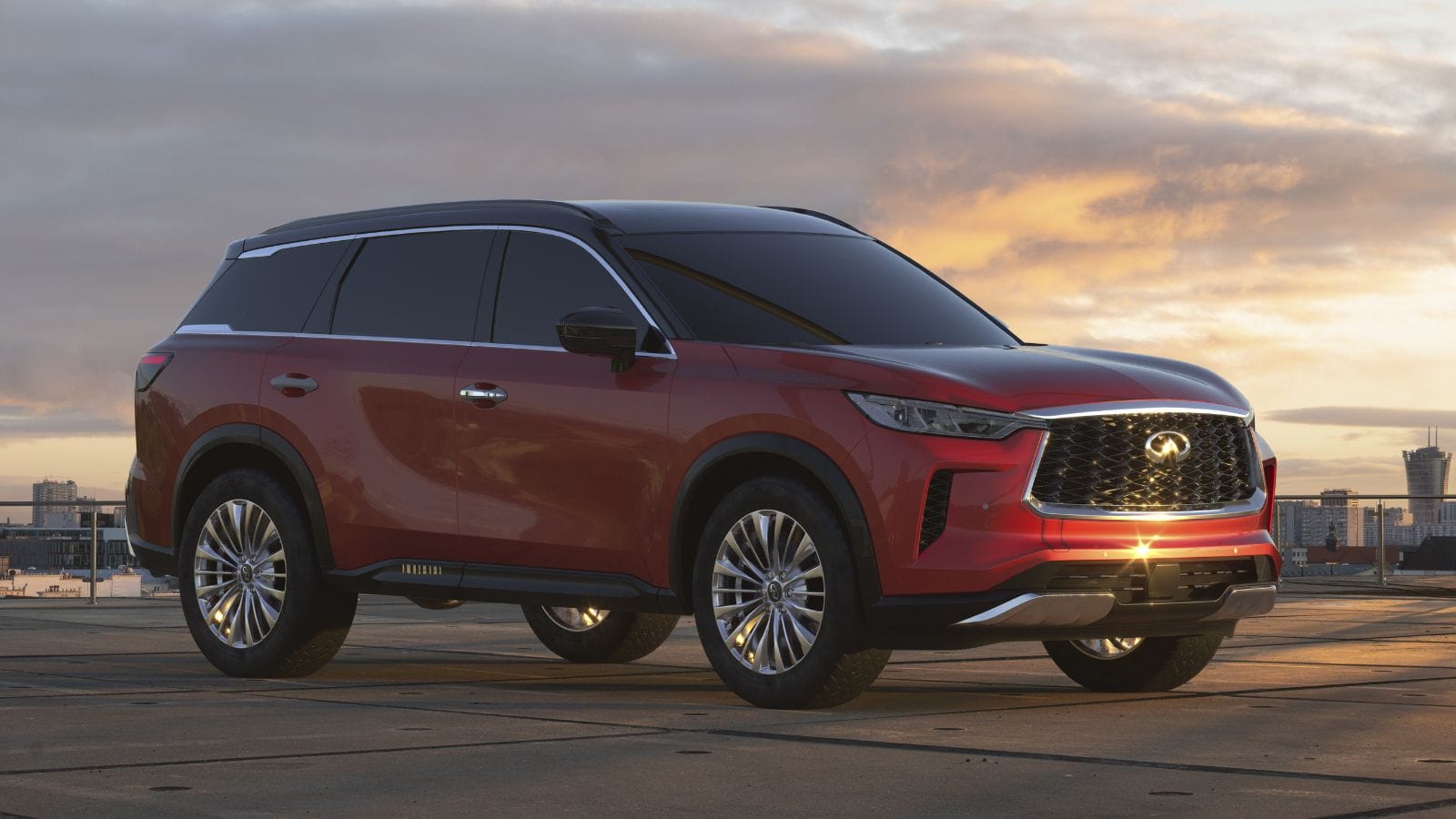
The 2025 Infiniti QX60 is poised to become Canada’s poster child for luxury SUVs facing sticker shock. The base Pure trim has already crept up to CA$60,345, a $1,150 hike from last year. But wait, there’s more: a 25% tariff on imported vehicles and parts is looming, potentially adding thousands more to the price tag. While the QX60 is assembled in the U.S., its components often play hopscotch across borders—sometimes crossing six times before final assembly. Adding to the drama, the 2025 model also swaps its trusty V6 for a 2.0L VC-Turbo engine, which has been scrutinized for performance and reliability issues.
22 Times Canadian Ingenuity Left the U.S. in the Dust

When people think of innovation, they often picture Silicon Valley. However, Canada has a history of innovation, too. Whether it’s redefining sports, revolutionizing medicine, or just showing America up at its own game, Canadian inventors, thinkers, and dreamers have had their fair share of mic-drop moments. Here are 22 times Canadian ingenuity left the U.S. in the dust.
22 Times Canadian Ingenuity Left the U.S. in the Dust
